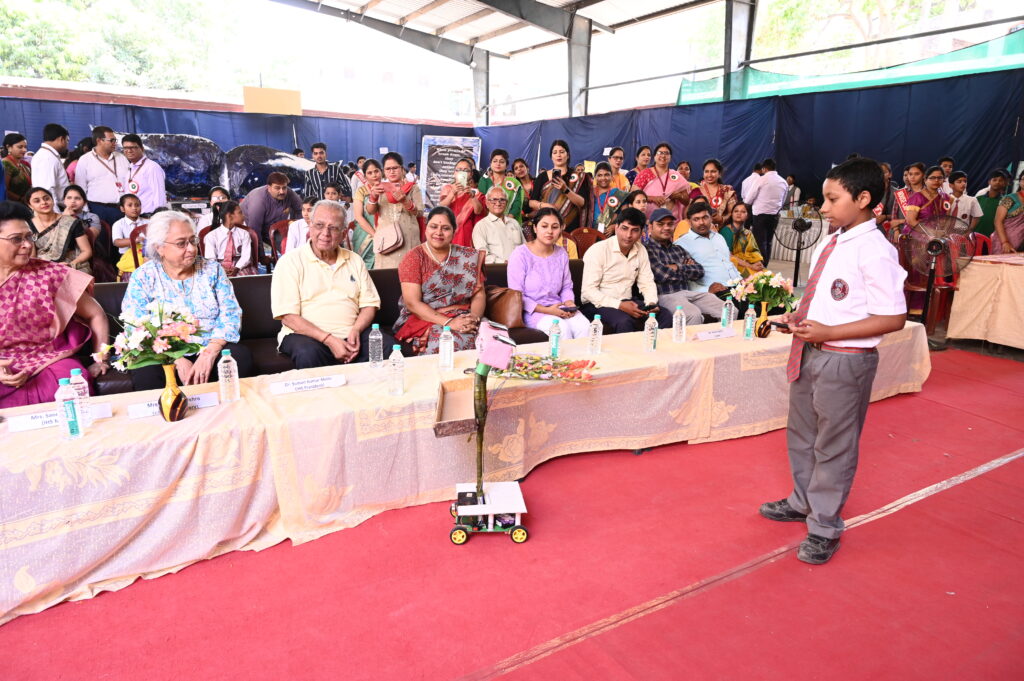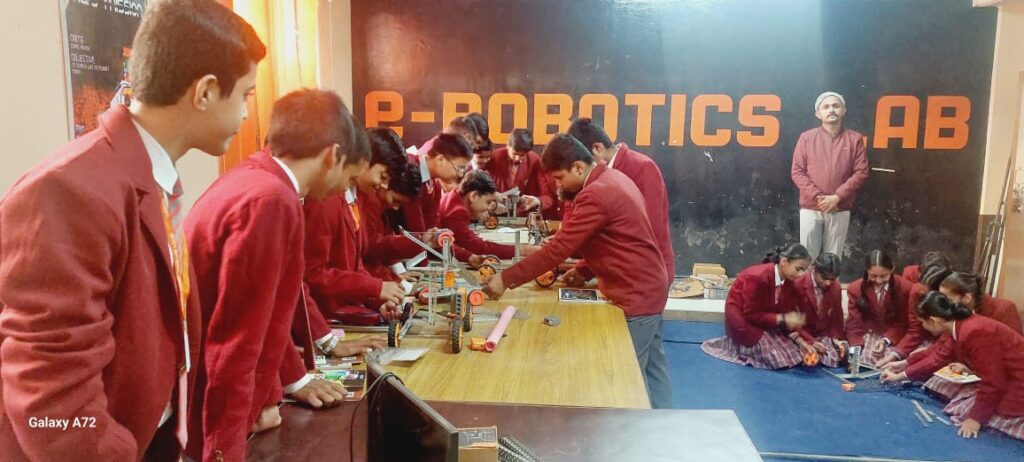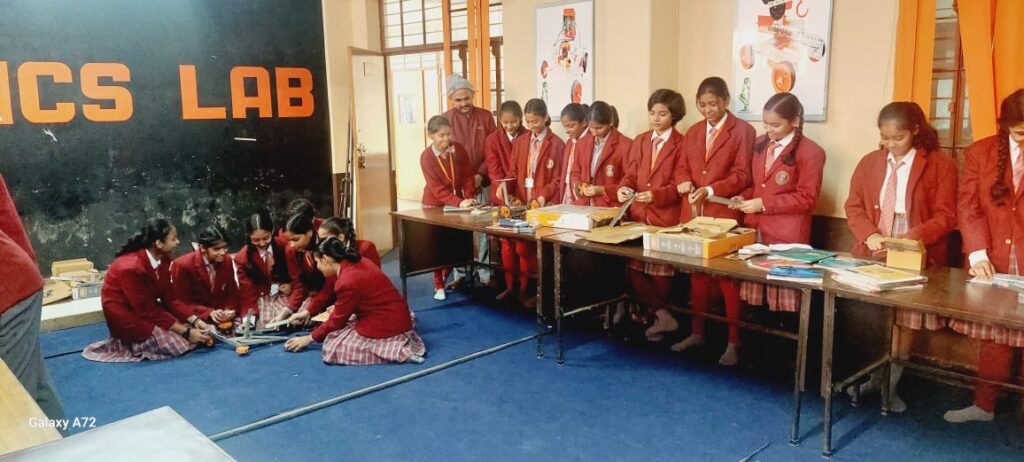Skill Curriculum
1: Life Skill
We provide the following skill training and certificates to these students
- Typing proficiency Certificate.
- Computer proficiency certificate.
- Computer Assembly certificate.
- Basic Tally certificate.
- How to setup a school-based business certificate.
- How to build a website certificate.
- Soil testing certificate.
- HR Analytics Certificate
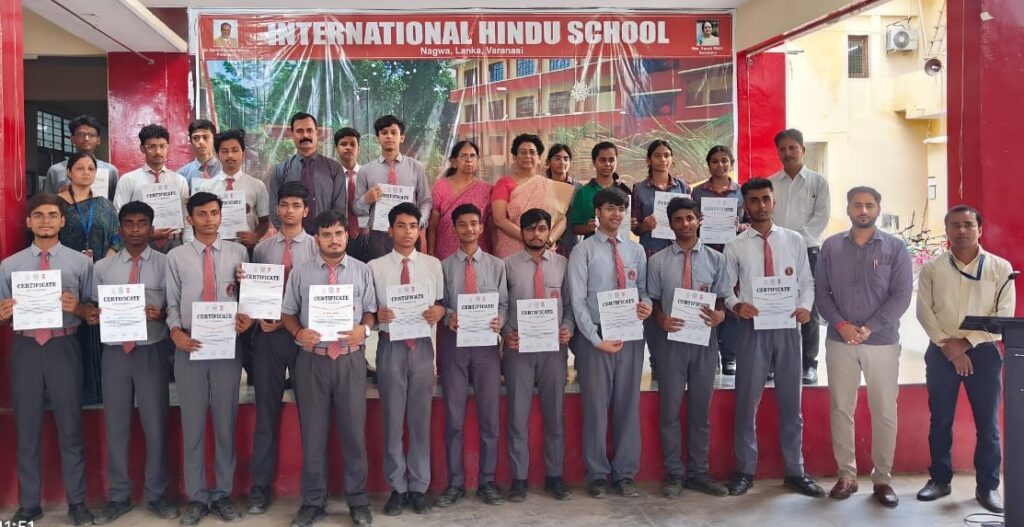
Decision making: The ability to make choices by identifying problems and gathering information
Communication: The ability to communicate effectively both orally and in writing
Self-awareness: The ability to be aware of oneself
Empathy: The ability to understand and feel what others are going through
Time management: The ability to manage and organize time
Self-care: The ability to practice self-care






2: Enterprennership
Communication: Helps entrepreneurs communicate with other professionals and implement strategic plans. It also makes entrepreneurs appear trustworthy and empathetic.
Leadership: Effective leaders inspire and encourage their staff, make smart choices, and create a productive workplace.
Creativity: Entrepreneurs should be able to come up with new ideas and act on them


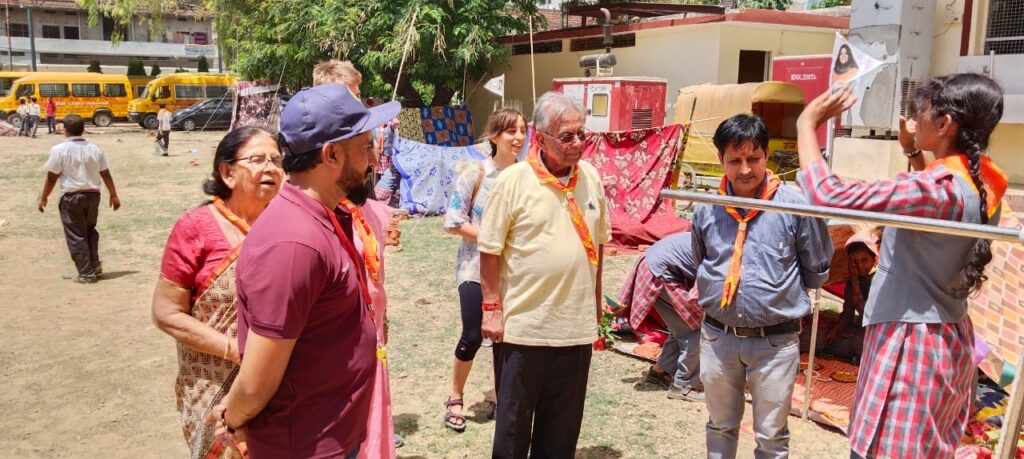
3: Tally:
International Hindu School offers a Basic Tally certificate to its students. Tally covers a wide range of accounting and financial management skills that are crucial for chartered accountancy. It provides practical experience in managing financial transactions, preparing financial statements, and understanding tax transactions.
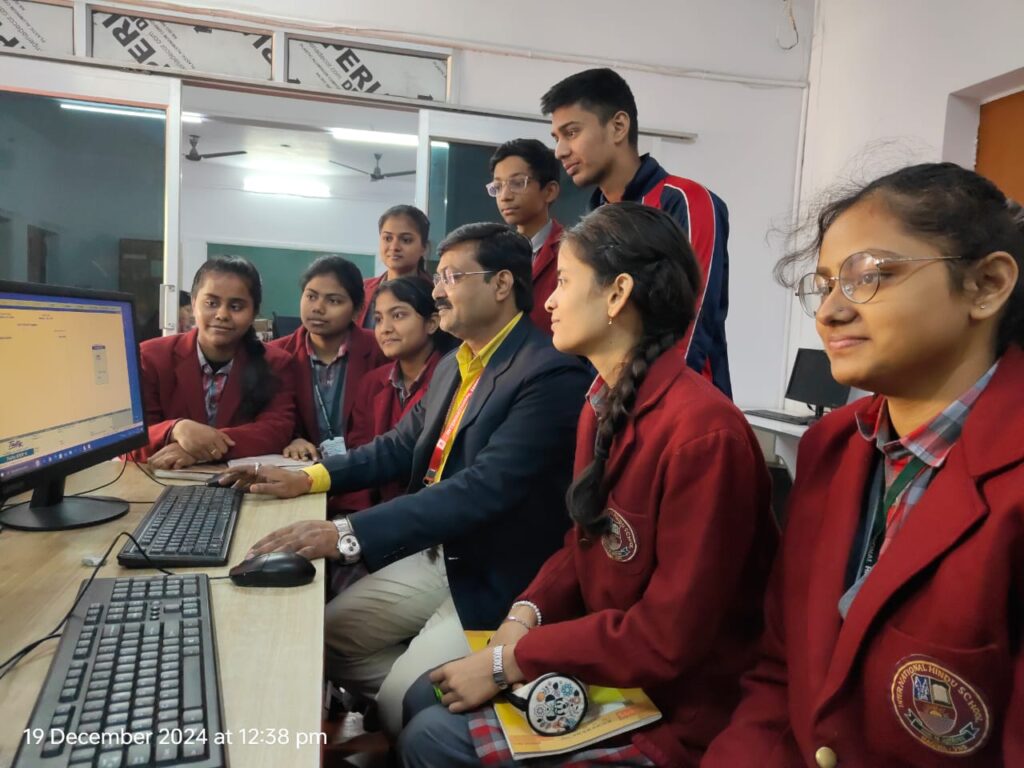
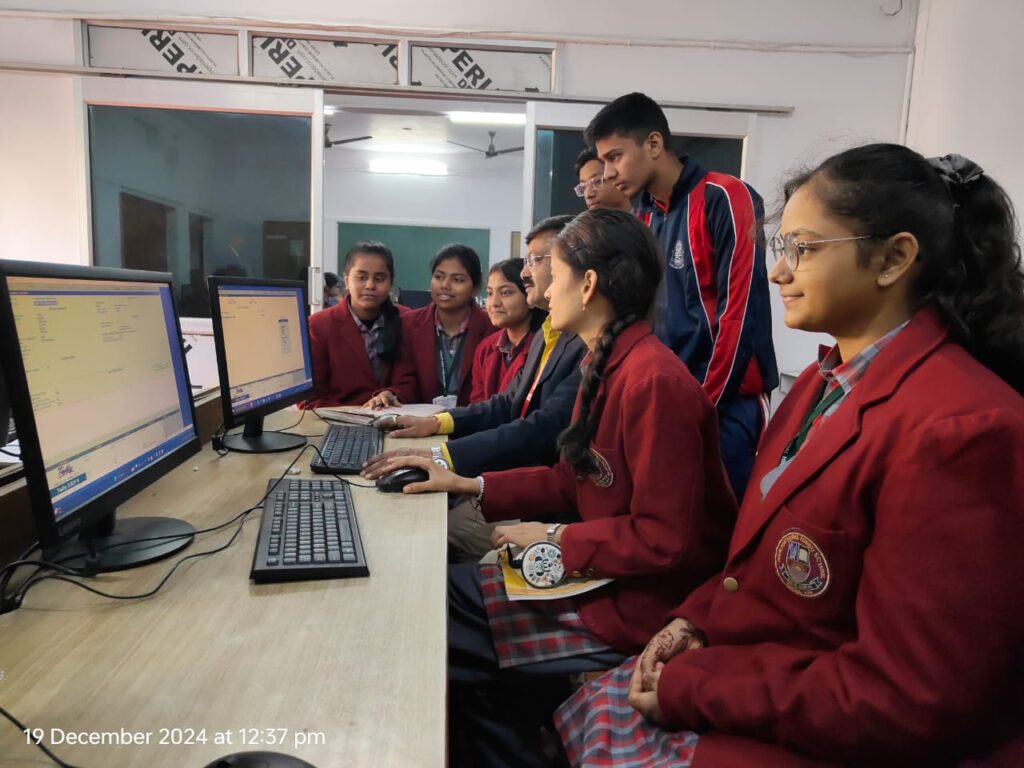
4: Soil Testing:
We have a Soil testing Laboratory where we train our Agriculture students for soil testing and we give them Soil testing certificates.
A robust soil sampling strategy is essential for all assessments. Samples should be taken at least once per crop rotation and at the same time point in the rotation. Soil properties can vary even in small areas, so it’s important to collect representative samples.
Testing
There are many different types of soil tests, including:
Moisture content: Determines the amount of water in the soil, which is useful for evaluating soil’s suitability for construction, agriculture, and geotechnical engineering
pH: Determines whether plants need more acid or alkaline
Salinity: Helps understand the suitability of lands for agricultural activities
Analysis: Soil analysis can reveal the amount of plant-available macro-nutrients in the soil, and can help inform fertilizer decisions.
Soil testing can help reduce risks in the soil, such as soil erosion, soil infertility, and degraded lands. It can also increase farm profitability in the long-term.
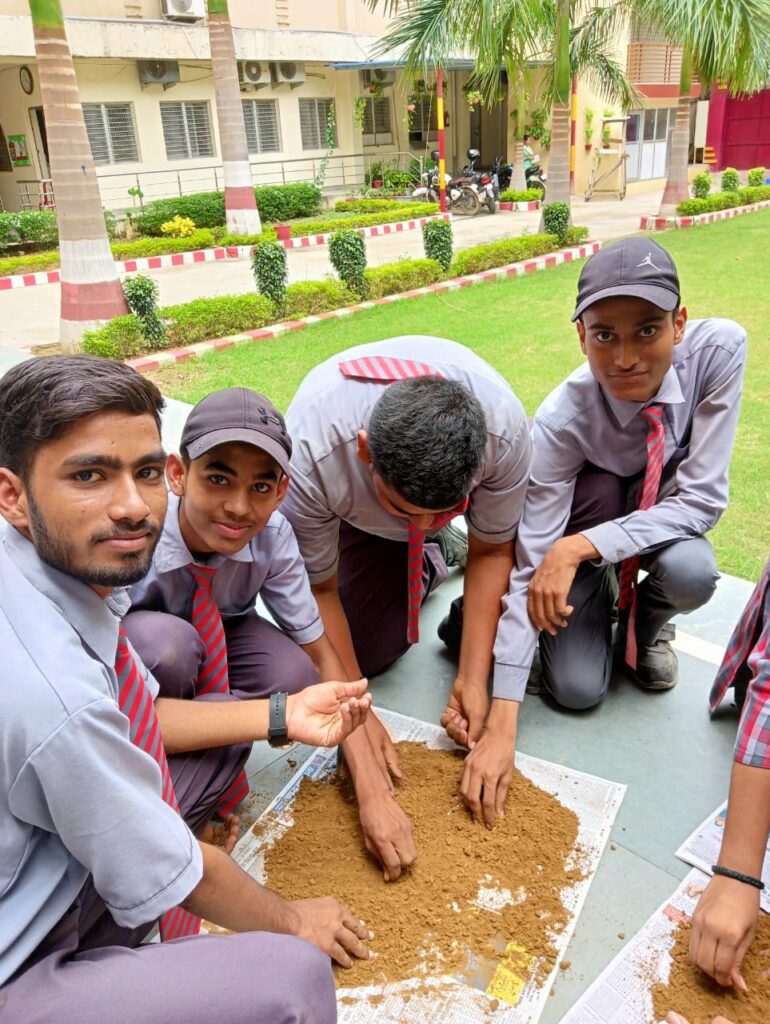

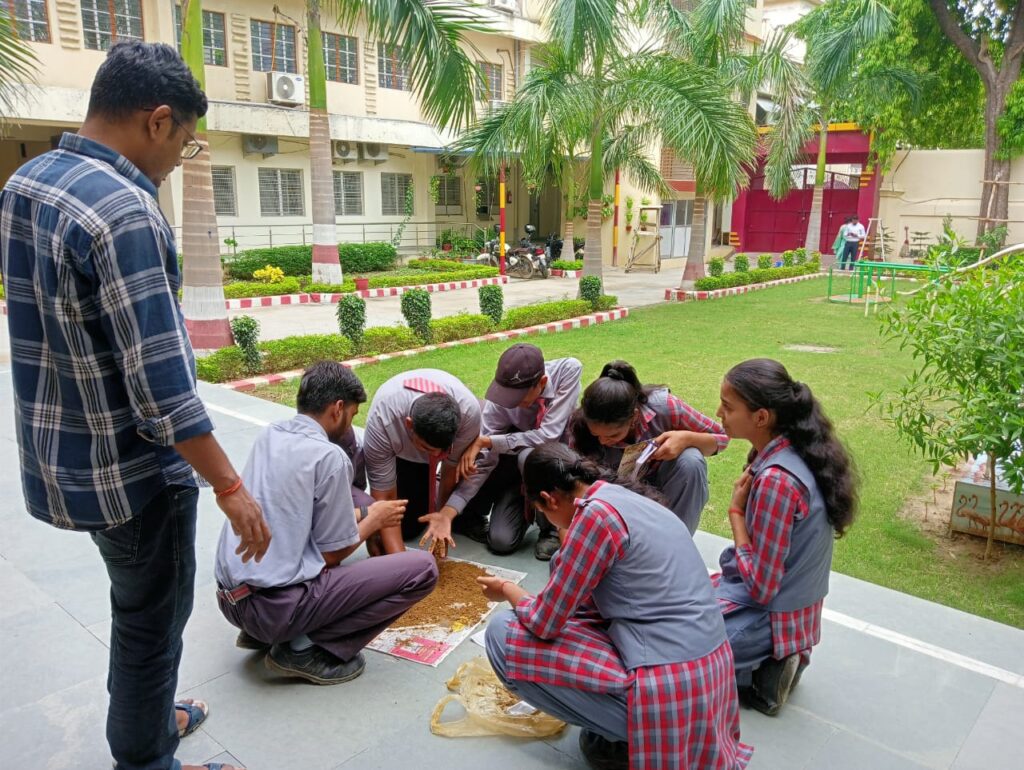
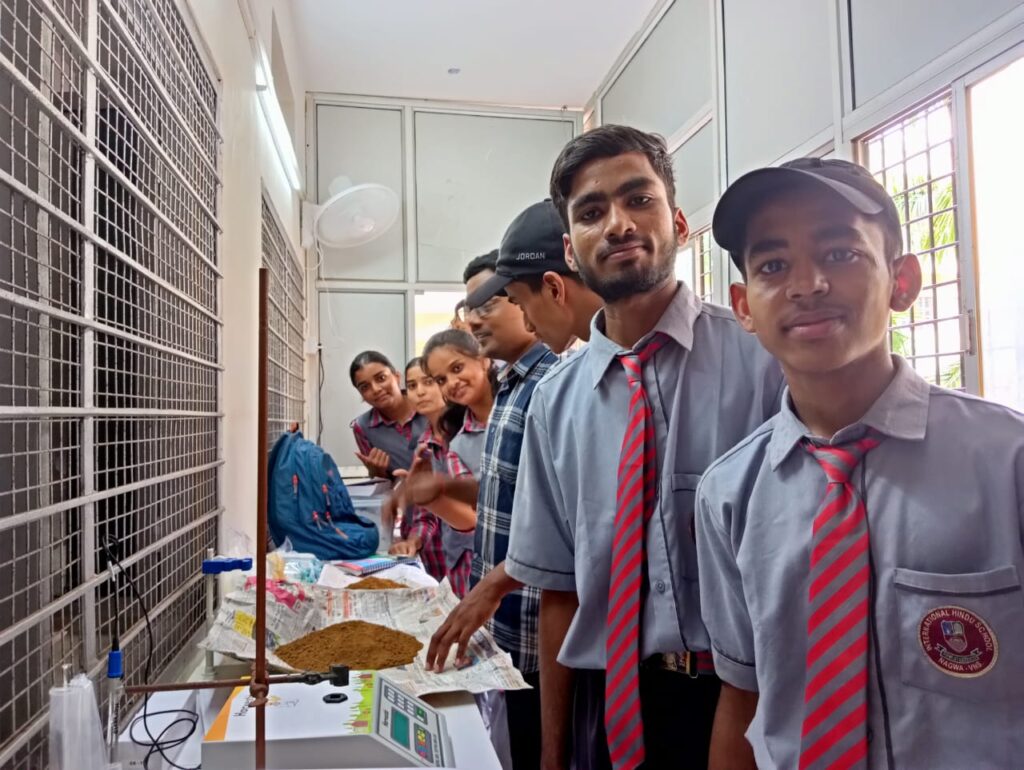
5: Robotics:
We have a very rich setup of Robotic lab. Robotics engineers and technicians need a variety of skills to design, develop, and maintain robots, including:
Programming: Use computer engineering principles to create code that tells robots how to behave. Popular programming languages for robotics include C, C++, Python, and Java.
Electronics and circuit design: Understand electrical technology and how to design circuits so robots can function as programmed.
Computer-aided design (CAD): Use CAD software to create 3D models and components for robots.
Manufacturing systems and technology: Design, develop, and build automated production systems for robots.
Troubleshooting: Identify and fix issues that arise while robots are operating.
